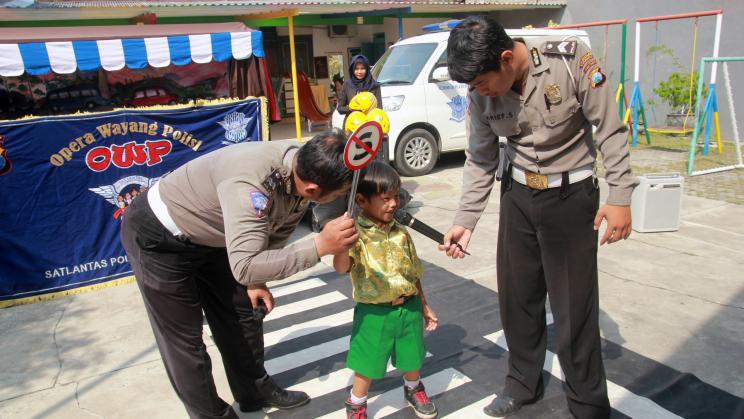Security and justice governance
Safety, security, and justice are among the most fundamental human needs. Poorly governed security and justice sectors are often drivers of insecurity, criminality and violence. Moreover, the most impoverished citizens are often those who suffer most frequently from predatory, abusive or corrupt security and justice actors.
Security sector reform recognizes the interlinked nature of security and justice. It reinforces the need for coherent and holistic approaches when seeking to reform security and justice systems, particularly in conflict-affected states. Yet almost two decades since security sector reform was first developed, many challenges continue to stall its implementation. These challenges include donor emphasis on technical approaches; template state-centric approaches that do not take local contexts into account; and the lack of sustained commitment of resources and political will needed to transform the institutions and culture of security and justice provision.
The security and justice governance research initiative considers how security and justice is delivered in practice. It seeks to identify how supporting security and justice reform can be better grounded in people’s needs and local realities.
The initiative examines international efforts, including those of UN and regional peace operations, to support host state security, police and justice reform and prevent the reoccurrence of conflict. The research is linked to SIPRI’s work on multilateral peace operations.
